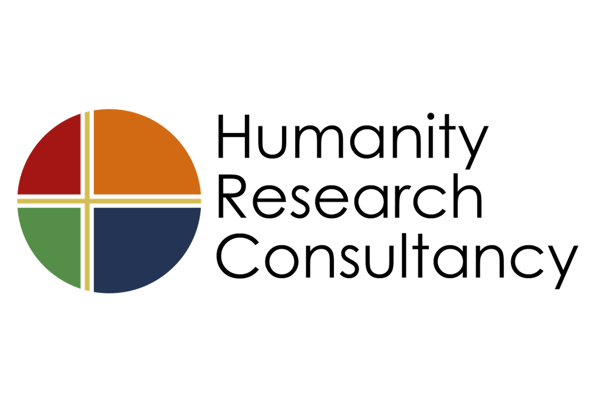Trafficking of East Africans into Scam Operations
Freedom Collaborative | A new report documents how East African nationals are being deceived, exploited, and forced into criminal activity within Southeast Asia’s rapidly expanding scam industry and online fraud networks.
The report, “Deceived, Detained and Overlooked: Trafficking of East Africans into Southeast Asia’s Cyber-Scam Industry,” provides evidence designed to strengthen attention, coordinated action, and advocacy across regions.
Beyond Chinese nationals, East Africans comprise the largest group of workers in scam compounds, particularly Ethiopians. Other countries of origin include Kenya, Tanzania, Uganda, Rwanda, Burundi, and Sierra Leone. Most are adult males in their 20s and 30s, who were unemployed when recruited.
Much of the research comes from interviews with East African nationals who escaped Myanmar scam centers in 2025 and have since resettled in their home countries.
Risk Factors for Exploitation
Covid-19 resulted in the elimination of approximately 38 million jobs across the region, particularly informal roles in tourism, agriculture, and transportation.
East Africans are particularly susceptible to job scams due to limited awareness of digital safety. Traffickers and brokers used social media and messaging platforms to promote offers that appeared legitimate.
Many survivors accepted jobs to work in Thailand, but ended up in compounds in Myanmar, Laos, or Cambodia. In most cases, they paid their own airfare, some selling property or borrowing from relatives, friends, or informal moneylenders to do so.
Conditions in the Scam Compounds
Survivors were housed in overcrowded dormitory-style rooms with bunk beds and 8 to 10 people per room, with only one restroom for up to 20 individuals.
Basic meals were provided a few times per day but often failed to meet dietary needs or restrictions. Excessive working hours often resulted in survivors not having access to meal facilities.
Access to medical care was routinely denied, with survivors forced to continue working despite illness or injury.
Physical abuse and torture were used as coercive measures. Deliberate withholding of medical supplies or services resulted in permanent disfigurement or scarring in some cases.
The Work of Scamming
Survivors reported extensive training to identify potential targets on social media. Once moved to active scamming, they had strict quotas of victims engaged or money stolen.
Failure to meet quotas often resulted in physical and psychological abuse, as well as nonpayment. Fear, intimidation, and the inability to leave due to heavy security measures further entrapped individuals, leaving them with no viable means of escape.
Long-Term Effects
Survivors commonly report depression, anxiety, and stress-related disorders, including generalized anxiety disorder, post-traumatic stress disorder (PTSD), complex PTSD, and panic disorder.
In extreme cases, survivors sustained traumatic brain injuries, resulting in severe cognitive impairments
Many survivors resist or refuse support from civil society organizations (CSOs) due to guilt and shame.
Recommend Response to Forced Criminality in Scam Compounds
One of the biggest challenges comes from fragmented response and the need for stronger coordination between CSOs in origin and destination countries. The research provides information to help inform advocacy and guide collective action. Specifically, it outlines three areas of detailed recommendations for CSOs to improve survivor support and prevent future victimization.
Awareness, Education, and Prevention
Effective Intervention and Advocacy
Aftercare and Survivor Engagement
Read the full report: Deceived, Detained and Overlooked: Trafficking of East Africans into Southeast Asia’s Cyber-Scam Industry
About Freedom Collaborative







